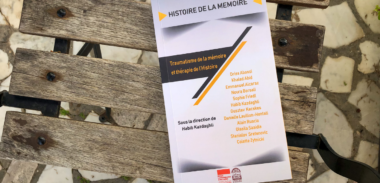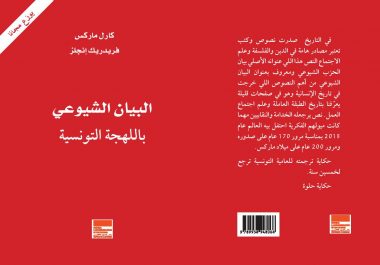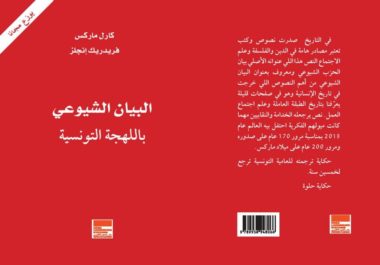Download the PDF: University and Society
In the light of what the Arab World is experiencing, universities are gaining much more importance as they go through a transition period to get rid of the dictatorship’s stains along with implanting values of academic freedom and critical research. Universities are also facing internal and external threats like the fear of falling under control of extremist groups, or subjecting them to an economic logic that might be harmful to their effectiveness and create class boundaries around it.
As a sort of awareness of these challenges, a joint effort was carried out between Tunisian and foreign academics, from different parts of the world, Tunis and Tunis El Manar, as well as Oxford and Petersburg universities, in partnership with the Academic Cooperation Office of Rosa Luxemburg Foundation, to produce the book “University and Society Within the Context of Arab revolutions and New Humanism“.
The preliminary work began through the forum of “University and Society in the Context of New Humanism”, that was held in Tunisia between 12 and 14 April 2016, and took place in Kasserine province. Actually, the forum itself is a culmination of conferences and preparatory seminars organized by the laboratory of “Research in Enlightenment, Modernity and Cultural Diversity”. With the accumulation of efforts, the coordinators of the publication – Mohsen Khouni, Mouldi Gassoumi and Mohamed Salah Amri, selected articles from the contributions of academics who took part in these events.
The book is divided into two parts: the first one is in Arabic and includes 8 papers divided between “New Revolutions in New Horizon” and “University and Society in Contexts of New Revolutions” topics, and the second part in written in both English and French and includes 16 papers divided between the same axes.
Since the diversity of the participants academic backgrounds, papers offered a variety of content and perspectives, between discussing the Tunisian Revolution and its dimensions and studying similar situations in the Arab World and beyond, or theoretical reflection about the concepts of humanism and new humanism and the challenges imposed by unpredictable vicissitudes in our world. The forum ended by analysing the effects of neoliberal conditions that impose an economic logic on universities, and the dangers this poses to an ever-receding social justice.




